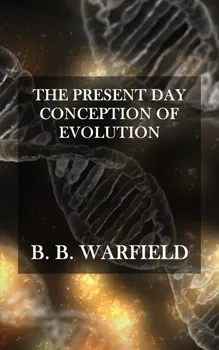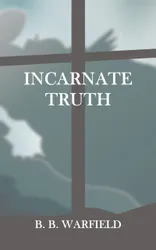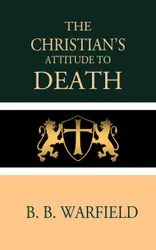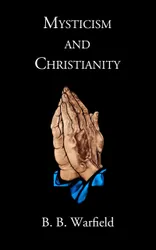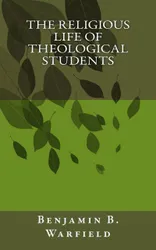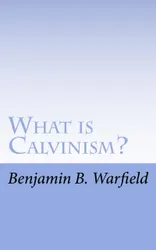There seems to be an impression abroad that the adherents of the doctrine of evolution have hopelessly fallen out among themselves, and threaten to destroy by internecine conflict the hold which this doctrine has obtained upon scientific thought. This impression is an erroneous one. Evolutionists do differ gravely from one another on such subordinate matters as the causes of variation, the classes of variation which may be preserved by heredity, and the selective factors at work in the gradual moulding of organic forms. In particular two strongly marked parties have emerged among them, differing radically upon these subordinate matters. One of these, led by Prof. Weismann, holds that all hereditable variations are congenital and purely fortuitous; and that “natural selection,” acting upon these fortuitous congenital differences, gradually moulds the successive organisms into better and better harmony with their environment. The other party, to which probably the majority of evolutionists give in their adhesion, holds that variation is strongly stimulated by use and disuse of organs: that such acquired qualities are hereditary; and that thus “natural selection” has not merely a body of purely fortuitous variations, but a series of definitely adaptive changes to work upon. The difference between these two forms of the theory of evolution is not a small one.[1] Evolutionists appear to be entirely and even increasingly at one in their fundamental conception of the doctrine.
[1] But it is obviously not a difference fundamental to the conception of evolution itself, but one which has reference only to the modes of its working.
